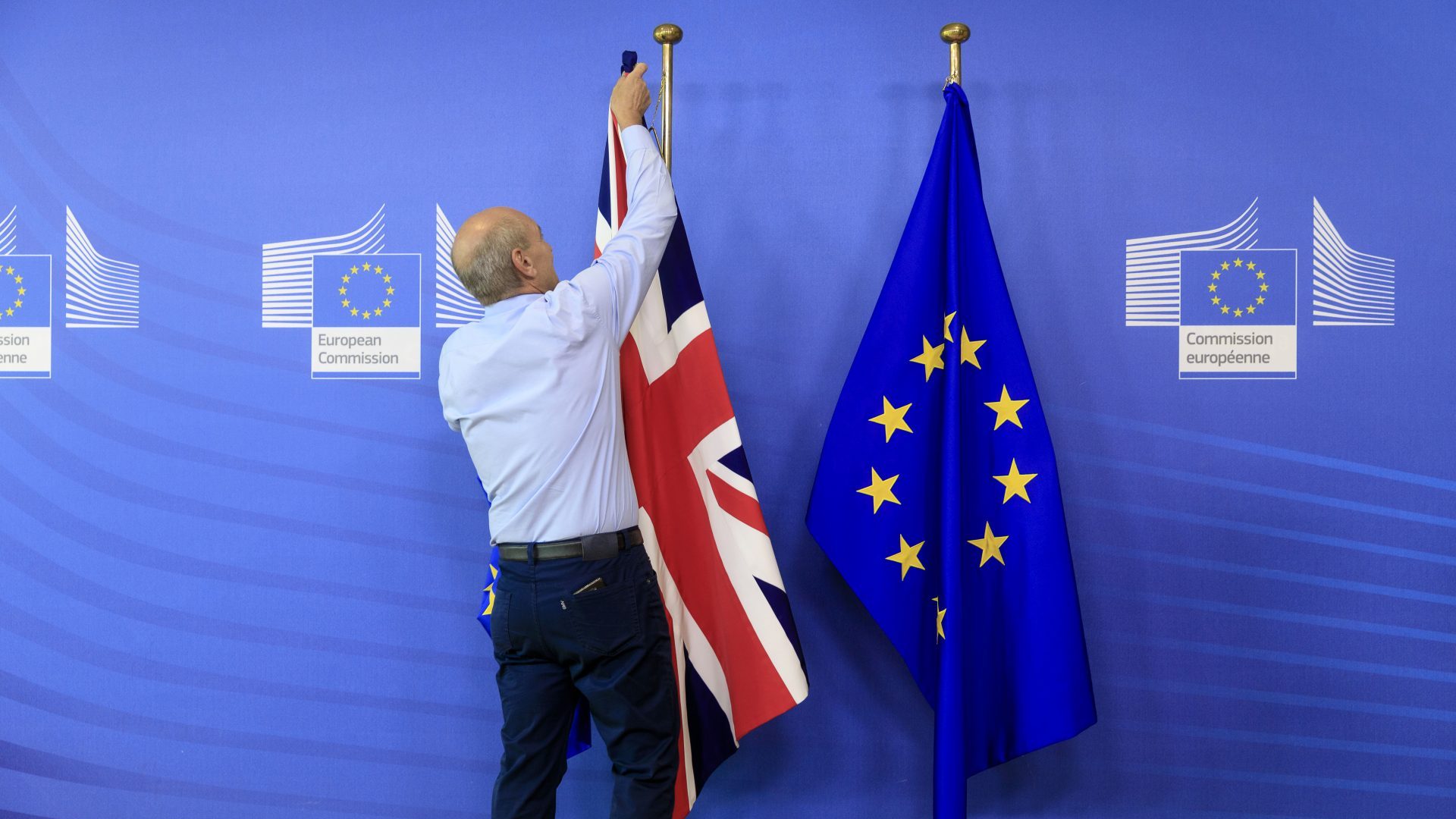Today, January 31, marks four years since the UK officially left the European Union. The challenges we’ve faced since then are well-documented and are now widely accepted. Consumers have struggled with rising prices, empty supermarket shelves, and costly phone bills. Businesses have faced trade restrictions, increased red tape, supply chain headaches and numerous delays to the introduction of costly and onerous checks and controls.
Travelling has become difficult, rivers have been polluted and our rights have been threatened. At times over the past four years, the UK’s relationship with the EU has sunk to miserable lows. Our standing on the global stage has also suffered significantly as a result of the chaos that ensued in the aftermath of Brexit.
While the political discourse surrounding Brexit over the past number of years has often been difficult to follow, it has also changed over time. At the beginning, we watched in-fighting and rebellions under Theresa May, which then led to Boris Johnson’s reign and championing of “Brexit freedoms”. These were the years of great promises of new trade deals, economic liberation and control over our borders. As the promises failed to materialise, the public began to see through the political lies and recognised Brexit for the failure that it is.
We now find ourselves at a point where our politicians are beginning to catch up with the widely accepted notion that we desperately need to repair our relations with the European Union. Over the past 12 months, substantive progress has been made.
The signing of the Windsor Framework was a monumental step in protecting peace in Northern Ireland and facilitating trade. Rejoining Horizon has opened us back up to the brilliant minds and resources of our European colleagues; the European Movement UK campaigned tirelessly for the UK’s re-entry into the programme, and we warmly welcomed the progress made.
Along with this material progress, the tone with which politicians speak about Europe is also changing. For the first time in years, key members of the Conservative Party are speaking about the importance of the EU. David Cameron wants closer ties with the European Union, considering them “a friend, a neighbour and partner”.
While often reluctant to discuss Europe and Brexit in the past, the Labour Party are also acknowledging the need to work with the bloc. Keir Starmer recently shared his plans to ensure alignment between the UK and the EU on key policies, if successful in the next election, going further than before in sharing his vision for the future of the UK-EU relationship. Across both sides of the aisle, it seems that a degree of common sense is now being allowed to rise back to the surface after years of being forced under.
The shift in political and public opinion is mirrored in the growth of the European Movement UK. While we were founded 75 years ago in 1949 by Winston Churchill, the organisation has gone through a transformation in recent years thanks to the public’s support for closer and stronger relations with Europe. Our membership has quadrupled from 5,000 to 21,000 members – a clear indication of the ever-growing support for the European Union within the UK.
While there are still many politicians that speak about “Brexit benefits”, and some who fail to discuss the issue at all, it’s promising to see that amongst some key players the tone is finally shifting from “let’s go it alone” to “let’s be firm friends”. In their eyes, Europe is no longer the dirty word it was once considered it to be.
Our leaders must now match their words with actions. Crucially, those who lead the next government must prioritise the rebuilding of our relationship with Europe. Not only is it key to the UK’s economic future, but it is vital in repairing our reputation on the global stage.
Emma Knaggs is Deputy CEO of the European Movement UK









